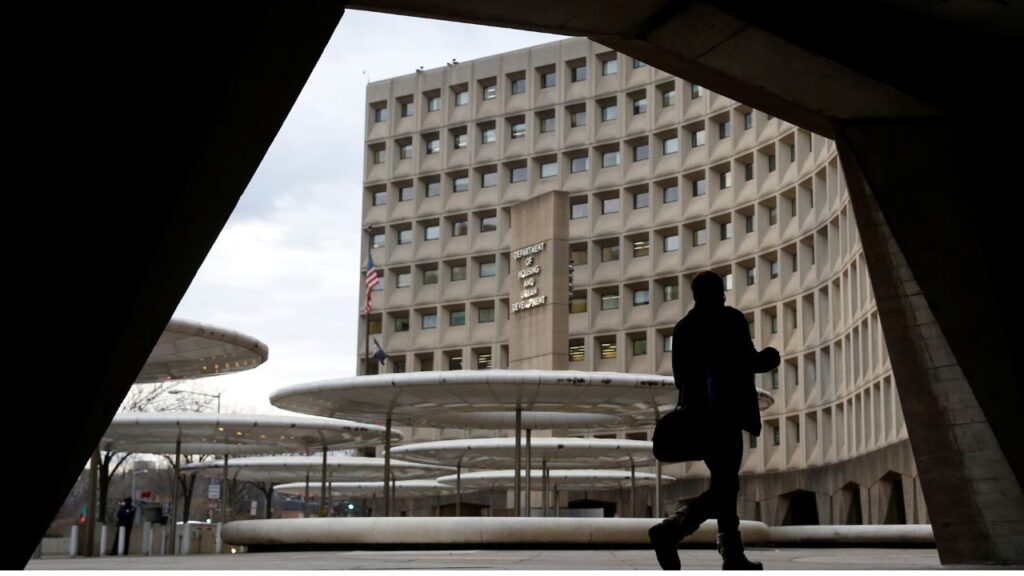Share
|
Getting your Trinity Audio player ready...
|
A Valley legislator has reworked a bill to stop foreign powers from owning ag land and having rights to water and food production.
But concessions made to the bill could have little impact on what lawmakers hope to solve.
Senate Bill 224 from state Sen. Melissa Hurtado (D-Bakersfield) will ban foreign governments and state-backed enterprises from owning agricultural land in California and create an inventory account of who has water rights on what land.
After the pandemic showed how fragile the global economy could be, the question of foreign powers owning ag land arose in the national discussion.
Foreigners Siphon Dwindling US Water Supplies
Saudi Arabian companies have leased land from the Arizona State Land Department to grow alfalfa and ship it back home to feed cattle. In 2016, drought-stricken Saudi Arabia banned alfalfa farming.
As farmers and municipalities in states along the Colorado River fight for diminishing water supplies, news of a farm in La Paz County owned by Almarai Company — a dairy giant in Saudi Arabia caught national attention when its two new wells were approved.
In April, approval for the wells was revoked.
It was news similar to this that drove the discussion to limit ownership of ag land in California.
But since Saudi Arabia does not directly control Almarai, SB 224 would not have affected the deal.
SB 224 Bans Only Direct Foreign Government Investment
Hurtado, who authored the bill, said it’s critical to pass the bill because ag land is tied to water, energy, and food. “And in times of a drought,” Hurtado said, “it’s even more important that we have, at minimum, an understanding of who owns our water here in California and that we manage it well.”
But the bill’s provisions stop only government or state-backed enterprises.
Sullivan Grosz, president of the ag division for real estate brokerage Pearson Realty said in all his time, he has never seen a foreign government directly invest in farmland. And, there are enough workarounds that connecting a business to a government would be extremely difficult.
“How would a title company go back and look through all the bank statements?” Grosz said.
In 2013, WH Group, a Chinese company purchased the largest pork producer in the United States – Smithfield Foods in Virginia. When news of the purchase surfaced, the U.S. Senate stepped in to investigate, claiming there were national security concerns.
The $4.7 billion purchase was 30% over the market rate, according to PBS Newshour, prompting many to speculate that China’s government was involved in the transaction.
Concern was that if the Chinese government was involved, American companies would not be able to compete.
On May 1, an unnamed source working at a Smithfield plant in Missouri told a local news station that the company was closing 37 sow farms of the 132 company-owned farms and 109 contract farms it has in Missouri.
Canada Is the Largest Owner of American Land
The U.S. Department of Agriculture tracks foreign ownership of ag land. Most recent data from December 2021 shows that foreign investors hold about 40 million acres of forest and farmland. This is an increase of 2.4 million acres from the December 2020 report.
Texas has the largest amount of land owned by foreign investors with 5.3 million acres. Maine is second followed by Colorado. Only 2.8% of privately-held ag land in California is held by foreign investors.
Canadian investors represent the lion’s share of foreign investment, holding 31% of land owned by citizens of another country. Chinese investors hold less than 1% of foreign-owned acreage.
So while people think about Russia and China, there are nations the U.S. is allied with that could be affected, said Grosz. There are Canadian funds that have invested in California farmland.
“Now you’re telling them you can’t?” said Grosz. “What’s the benefit there?”
American growers also hold investments in other countries such as Mexico, Australia, Chile, and Peru, because they have different crop cycles, Grosz said.
There could be retaliatory efforts made in those countries, Grosz said.
At the beginning of the year, Canada banned foreign ownership of residential properties in the country. In total, 24 states are looking into limiting foreign investment in ag land.
Hurtado Wants the Conversation to Produce Solutions
Many ag groups have come out against the bill in its current form, including American Pistachio Growers, the Agricultural Council of California, and the Nisei Farmers League.
Hurtado hopes that even if the bill doesn’t pass, the conversation about foreign ownership of ag land will get people thinking.
Last year, Hurtado and state Sen. Dave Cortese (D-San Jose) penned a letter to U.S. Attorney General Merrick Garland requesting an investigation into possible drought profiteering and water rights abuses in the western States. They wanted a close look at hedge funds that had purchased land with water rights.
Gov. Gavin Newsom vetoed the previous bill in 2022 after it passed the Senate and Assembly. Newsom said in his veto message that jurisdiction for the bill falls outside the California Department of Food and Agriculture. Hurtado changed the acting agency to the California Governor’s Office of Emergency Services.
“We need to have a conversation, we need to have this,” Hurtado said. “We need to find an adequate solution and this helps the conversation move along.”



















